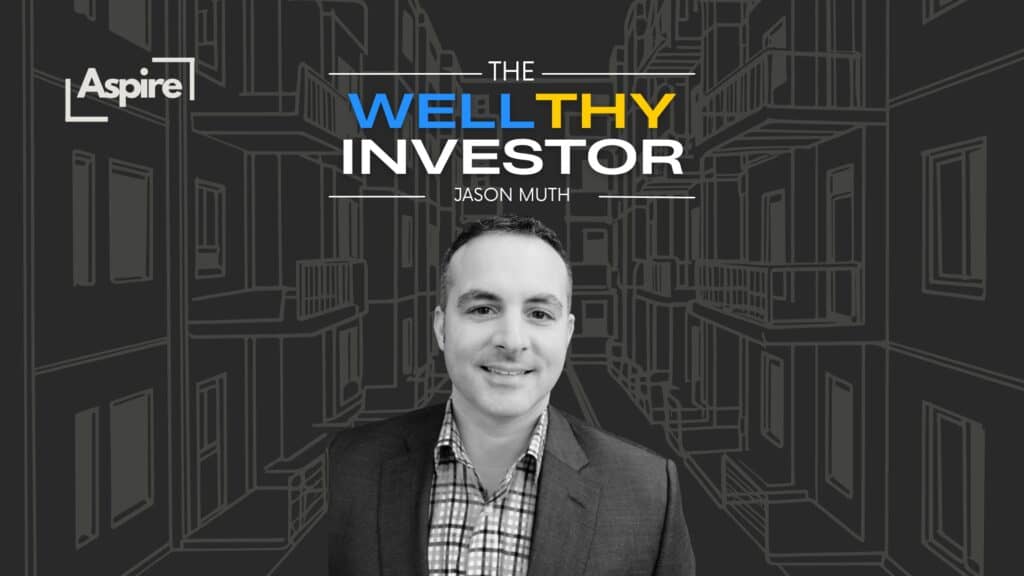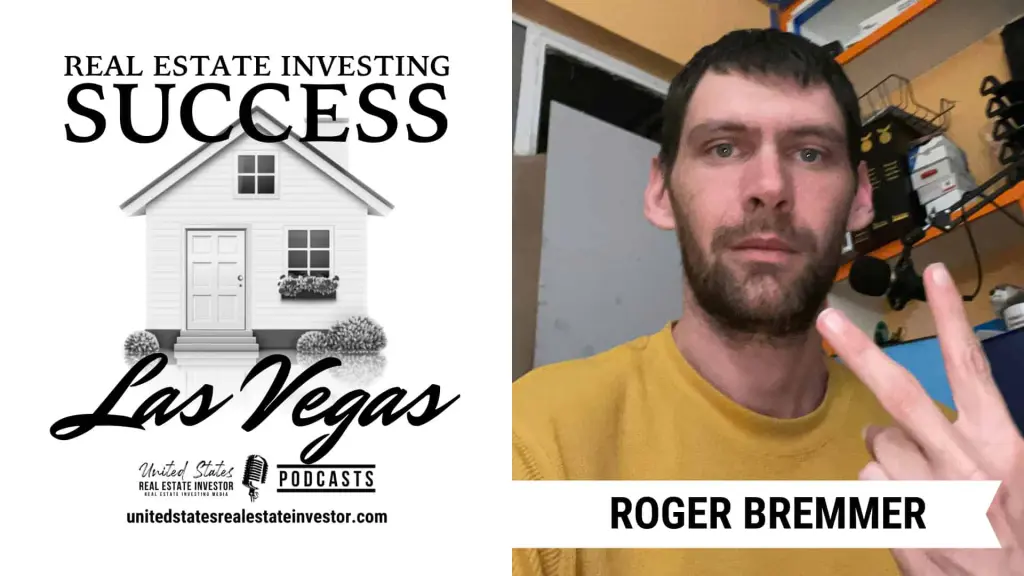
Longhorn Investments
Need funding for your real estate investment deal? Longhorn Investments is professional, reliable, and fast!
Currently serving Texas, Tennessee, North Carolina, Missouri, Alabama, and Indiana, Longhorn Investments, LLC is a direct private lender offering short-term acquisition and renovation capital to real estate investors for both residential and commercial assets.
With Longhorn Investments, you can receive up to 75% of ARV, finance up to 100% of cost, close in 3 – 5 business days, no income requirements, a streamlined, simple approval process, and no prepayment penalty.
Formed in 2008, Longhorn Investments has funded over 4000 loans since its inception and includes complimentary businesses including a title company and real estate law practice.
Longhorn’s wealth of experience puts them in the unique position of being able to help investors throughout all aspects of each transaction.
To get started today and see why Longhorn Investments is the superior lending experience, call and speak to Lawrence Hopkins at 314-749-7616.
That’s 314-749-7616 or visit Longhorn Investments at LonghornInvestments.com.
Longhorn Investments
Hard Money Lending Simplified
New Real Estate Investing Life In Mobile Home Parks
With most real estate investors focusing their transactional moves on traditional single-family to multi-family homes and conventional commercial real estate, a Minnesota firm is doubling down on the mobile homes market.
Quoting Dan Niepow of Twin City Business:
Rudy Curtler is frank when talking about the business of running mobile home parks. “For many years, people looked down their noses at mobile home parks as a whole,” he says. But anyone looking at his balance sheets might quickly change their tune.
As principal and CEO of Sawgrass Capital Partners, Curtler is on the hunt for mobile home parks to purchase and operate. When done right, it’s a “good margin business” that generates solid returns for investors, he says. Curtler, who lives in Prior Lake, runs the firm with three other partners, one of whom is based in Shakopee.
Over the course of three major investments throughout 2021, Sawgrass raised $3 million for its inaugural fund dedicated to mobile home parks, according to a recently posted filing with the U.S. Securities and Exchange Commission. To date, the company has a portfolio of 11 mobile home parks: Eight in South Dakota and three in Texas. Curtler says he’s working on buying a ninth park in South Dakota. The company doesn’t yet own any parks in Minnesota, but Curtler hasn’t ruled that out yet. For now, he’s chosen to do business in other states with “more favorable landlord-tenant rules, and more favorable tax laws.”
Sawgrass specifically targets “undervalued” mobile home parks. That could be a park with a handful of empty lots, which the company then fills with new or renovated homes. “It creates value for the investor, and creates additional affordable housing opportunities. That’s our game,” Curtler says.
The firm also generally looks for “off-market deals.” It’s the type of deal that might come from a longtime owner who’s no longer interested in running a park, or who’s run out of capital to keep it up.
Sawgrass handles day-to-day maintenance of utilities, trash, and general exterior upkeep of the parks. But Sawgrass isn’t responsible for the maintenance of individual homes. Generally, the residents own their own homes, though there are a few occasions where they might rent. That’s a distinction that makes managing a mobile home park much more lucrative than managing a standard apartment complex, Curtler says.
“With a mobile home park, you don’t have anything outside the utility infrastructure underground and then some common area maintenance,” he says. “You’re just collecting lot rent on dirt, which is a beautiful model if you care about return on invested capital.”
Investing in mobile home parks is certainly not novel. Midwest Park Capital, a Chicago-based real estate investor, operates under a similar model.
The practice isn’t immune from criticism, either: There’s the case of Havenpark Communities, a Utah-based real estate investment firm that bought up mobile homes, raised rents, and evicted residents, according to a September 2021 NPR report. Of course, Sawgrass has a bit of a different model, since it’s not typically in the business of operating rental homes.
The people who live in the parks are often low income, but the individuals investing in Sawgrass are anything but. According to the firm’s website, the fund is reserved exclusively for “accredited investors,” defined as individuals who’ve made at least $200,000 in the last two years, or $300,000 in the last two years if including a spouse’s income. Sawgrass currently counts 41 investors total in its mobile park home fund.
“We found quite a number of investors interested in this niche real estate,” Curtler says.
And perhaps that’s with good reason: the mobile park industry is one of a few that emerged from the pandemic relatively unscathed. Curtler says that mobile parks, along with self-storage facilities, are the “hottest sectors of real estate” coming out of the pandemic.
Sawgrass Capital is a side gig for Curtler; for his day job, he’s chief operating officer for a Regis Corp. salon franchisee.
Curtler is convinced that mobile homes are probably our best shot at conquering America’s ongoing affordable housing shortage. Amid rising construction costs and continuing labor shortages, the price of building a standard single-family home has risen significantly over the last year and a half. The need for affordable housing hasn’t abated, either: According to one estimate, nearly 7 million people lack an affordable place to live in the United States. “What we can do is find a niche to solve that, and still do well financially,” Curtler says.
“We’re not a charity, but we’re also not out to gouge people,” he says.
quick content suggestions
You Can Now Invest in Vacation Rental Properties for as Little as $250
https://www.fool.com/investing/2021/12/31/you-can-now-invest-in-vacation-rental-properties-f/
news notes
Twin Cities Real Estate Investment Firm Targets Mobile Home Parks
https://tcbmag.com/twin-cities-real-estate-investment-firm-targets-mobile-home-parks/
No related posts.








































